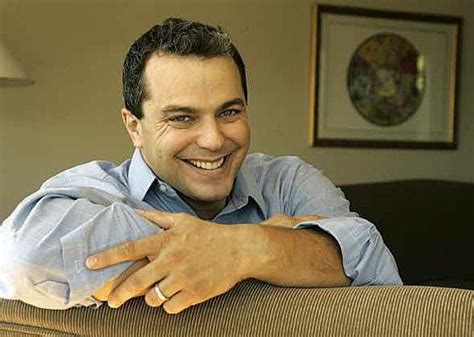A Quote by Sam Altman
I think extreme secrecy is a bad sign in all startups. Very few startups die because they tell you exactly how their technology works. On the long list of startup killers, that's pretty far down. Though on the list of entrepreneur fears, it's pretty high.
Related Quotes
I think because of the iPhone and the fact that we now have a ubiquitous internet, our creativity in the startup space is 10 times different. Every single industry, every single market, is going to be technology-driven in some way. There's an infinite opportunity for startups because now you can go and solve problems that previously looked like they had nothing to do with technology.
One day, I got so disgusted that I sat down and wrote a list called 'Justin's list of things to do before he kicks the bucket.' I wrote it for myself and shortened it to 'Justin's Bucket List.' It was there on the wall, not as a story idea but as a motivational tool for myself, which actually ended up working pretty well.
Quite often startups were first out of the gate with a sustaining technology. But somehow the leaders got the technology and stayed atop their industries. Sometimes they acquired the startup; sometimes they just developed the technology as a follower and used their muscle and mass to win. But they always won.
9/10 startups fail, which is a harsh reality in the world of entrepreneurship. However, I believe that such a high number of startups fail because they do not take the right steps necessary when building their business. The biggest challenge people have is building something that their target audience or niche really wants.



































